Protecting Your Castle: Know Your Neighborhood and its Criminals
Protecting Your Castle: Know Your Neighborhood and its Criminals
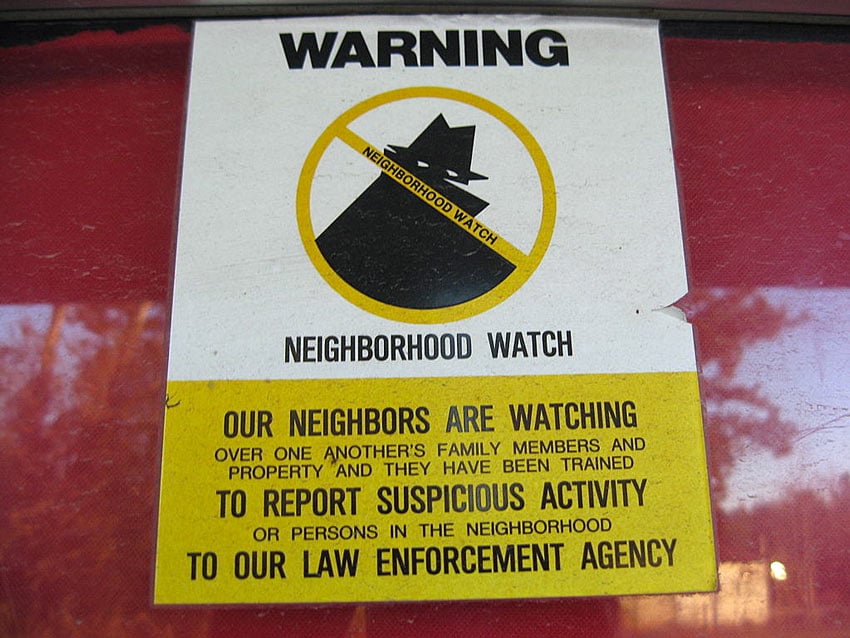
Your home is your castle, whether it’s an apartment, a house or a tent in the woods. Knowing your surroundings and being familiar enough with the baseline, is paramount to your overall safety plan.
Do you know your neighborhood well enough to know if something out of the ordinary is occurring? Do you know alternative ways in and out if your primary route is blocked?
Today we’ll discuss why knowing your area is just as important as living there. As most of us aren’t at home at all hours of the day, we’ll also discuss some ways to stay vigilant despite being gone.
Observation is Key
Whether you’ve just moved into a new neighborhood, or even just recently decided to get to know it better, the best thing you can do is walk and drive it.
Start looking at details you may have never paid attention to in the first place. Here’s a few to get you started:
- What make and model of vehicles are typically parked on the street and in driveways? Do they have identifying information like stickers, dents or aftermarket upgrades?
- Who do you often see outside doing yard work or getting in and out of vehicles?
- If asked to describe these people, could you? What features do they have that would set them apart from another person?
- Notate the condition of homes you pass, if one has fallen into disarray, it may be a sign that something is wrong.
- Stop and listen to the sounds and noises in your neighborhood, identify specific sounds and try to determine where they originate from.
- Drive your neighborhood and memorize the street names close to you, along with major intersections.
- Look at a map and know where these streets are located. Notate their direction as well, i.e. Charles Ave. runs north and south.
- Make a copy of the map of your neighborhood, notating ingress and egress points for both vehicular travel and on foot.
Know Your Neighbors
As much as some of us would prefer to stay anonymous, there’s strength in numbers. You don’t need to share your life’s story with your neighbors, but taking the time to meet them and exchange contact information could be important if either of you observe something out of the ordinary about the other’s property.
Knowing important phone numbers and locations for your local resources is also important. Do you know where the closest hospital is? How about the number for poison control or your local Police Department? Some municipalities direct you to call 9-1-1 in an emergency, but often there’s a local phone number for issues that aren’t emergencies.
Check out whether your neighborhood has a watch that you can join up with. Often you can donate the time you might spend on an evening walk each day to help out by observing everything on your route. Many communities also offer a bulletin that’s sent out to update everyone with what’s going on in the neighborhood, especially any crime that’s occurred.
There’s an app called Next Door that was designed for neighborhoods as a private social network to keep everyone in touch. It’s an interesting concept you might want to look into if you’re interested. We haven’t had much of a chance to delve into it, but the functionality looks promising.
Know Your Criminals
Knowing the crime that may be occurring in your neighborhood can often be hard to find without talking to neighbors, joining a neighborhood watch or subscribing to a bulletin.
Other than just simple observation, you can contact your local Police Department to inquire about the best resource they know of to keep up with local crime statistics. There’s also a few online resources like My Local Crime and Crime Reports to search for local reports in your area. You can also keep an eye on the National Sex Offender Database for your given area, the National Sex Offender Public Website has a nationwide search available.
To echo the slogan of the Department of Homeland Security’s Hometown Security initiative “If you see something, say something.” Contact your local authorities if you see or hear anything out of the ordinary.
Remember to trust your instincts and as Gavin De Becker points out in his book, The Gift of Fear, if you’re constantly living in a state of fear and paranoia, you won’t be able to hear your instinct in the situations where it’s warranted and trying to save your life.
If you’re interesting in learning more about this subject, check our a series Eric put together a few years back on integrating PSD (Personal Security Detail) Concepts into your daily routine.






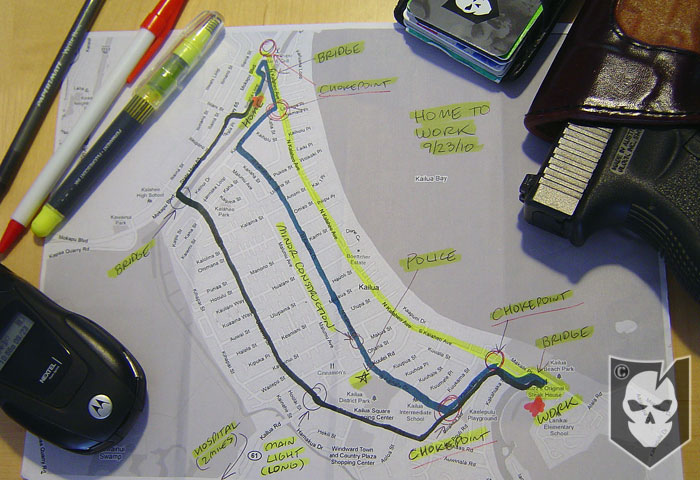
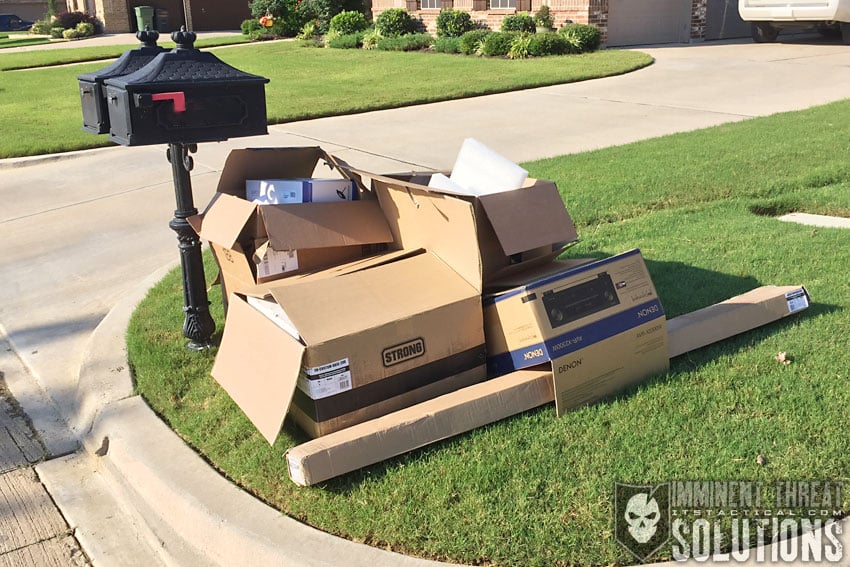
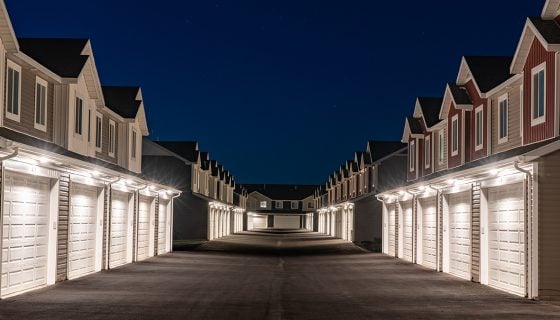
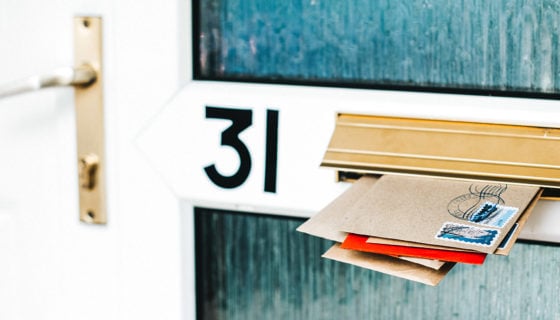
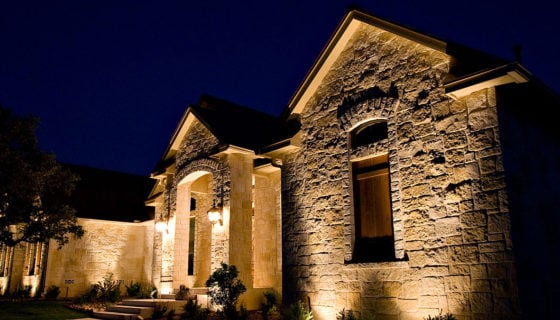

Discussion